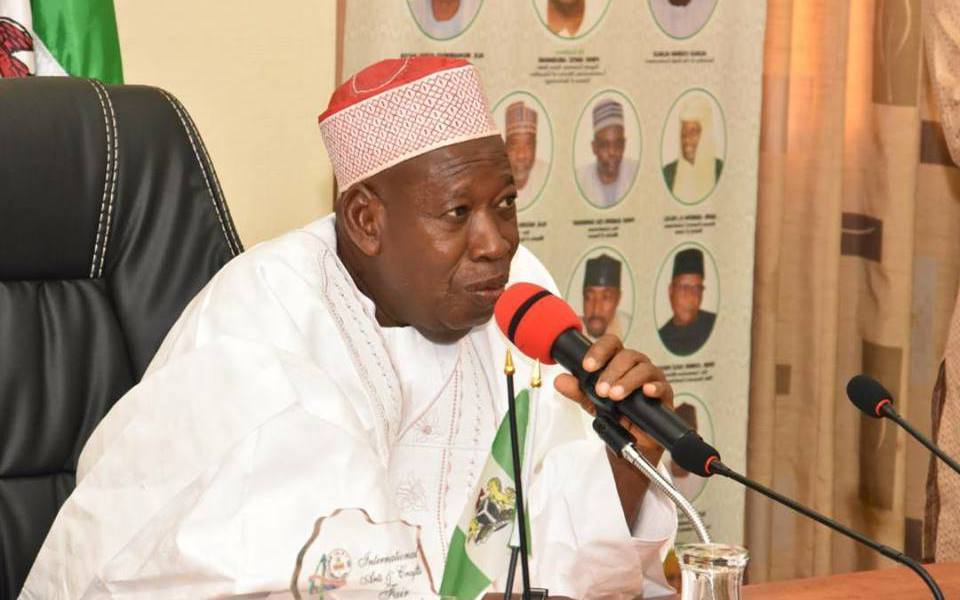The All Progressives Congress (APC) in the Federal Capital Territory (FCT) has expressed unwavering determination to dislodge long-standing political figures, including Babagana Kingibe, a prominent name in Nigerian politics, and other influential figures currently holding sway in the FCT’s political landscape. This declaration signals a significant power struggle brewing in the capital city, with the APC aiming to dismantle existing power structures and establish its dominance in the upcoming 2027 elections. The party leadership has emphasized a strategic focus on grassroots mobilization, voter registration drives, and a robust campaign strategy to achieve this ambitious goal. They are banking on the perceived dissatisfaction with the current administration’s performance and the promise of fresh leadership to sway the electorate in their favor. This move reflects a broader national trend of shifting political allegiances and the emergence of new power dynamics within the APC itself.
The APC’s ambitious plan to overhaul the FCT’s political landscape faces significant challenges. Key figures like Babagana Kingibe possess deep-rooted influence, established networks, and considerable resources, making them formidable opponents. The current political structure, while facing criticism, benefits from established patronage systems and entrenched loyalties. Overcoming this deeply ingrained system requires not only a compelling political message but also a demonstrable alternative that resonates with the diverse electorate of the FCT. The APC’s success hinges on its ability to effectively communicate its vision, build strong coalitions, and convince voters that it represents a genuine change from the status quo. This will require navigating complex ethnic and religious dynamics, addressing local concerns, and effectively countering the narratives of the established political figures.
Furthermore, the APC’s internal dynamics will play a crucial role in determining the outcome of this political battle. The party needs to present a united front and avoid internal divisions that could undermine its efforts. Managing potential conflicts, ensuring fair primaries, and selecting credible candidates will be essential to maintaining party cohesion and projecting an image of stability and competence. Failure to manage these internal dynamics could derail the party’s ambitions and provide an opening for its opponents to capitalize on internal discord. The APC’s ability to effectively manage its internal affairs will be a key indicator of its readiness to challenge the established order.
The 2027 FCT elections hold significant implications for the broader political landscape of Nigeria. The FCT, as the nation’s capital, serves as a symbolic representation of power and influence. A shift in political control in the FCT could have ripple effects across the country, potentially impacting national politics and influencing future electoral contests. The outcome of these elections will be closely watched by political analysts and stakeholders across the nation as a barometer of the APC’s strength and a potential indicator of future political trends. It also represents a test of the resilience of established political figures and their ability to adapt to the evolving political landscape.
The APC’s bid to reshape the FCT’s political landscape is not merely a local contest but a microcosm of the larger political dynamics at play in Nigeria. The party’s focus on grassroots mobilization, if successful, could offer a model for other states and potentially reshape the way political campaigns are conducted in the country. The emphasis on engaging with local communities and addressing their specific concerns could signal a shift away from traditional top-down political strategies. The outcome of the FCT elections could therefore serve as a valuable case study for understanding the evolving nature of political engagement in Nigeria and the factors driving political change.
In conclusion, the APC’s declared intention to dislodge established political figures in the FCT represents a significant political development with potentially far-reaching implications. The party faces formidable challenges in overcoming entrenched power structures and navigating complex internal dynamics. The 2027 FCT elections promise to be a closely contested battleground, the outcome of which will have important ramifications for both local and national politics. The results will offer insights into the changing dynamics of power, the efficacy of grassroots mobilization strategies, and the ongoing evolution of Nigeria’s political landscape. The success or failure of the APC’s ambitious plan will significantly impact the future political trajectory of the Federal Capital Territory and potentially influence the broader national political discourse.














